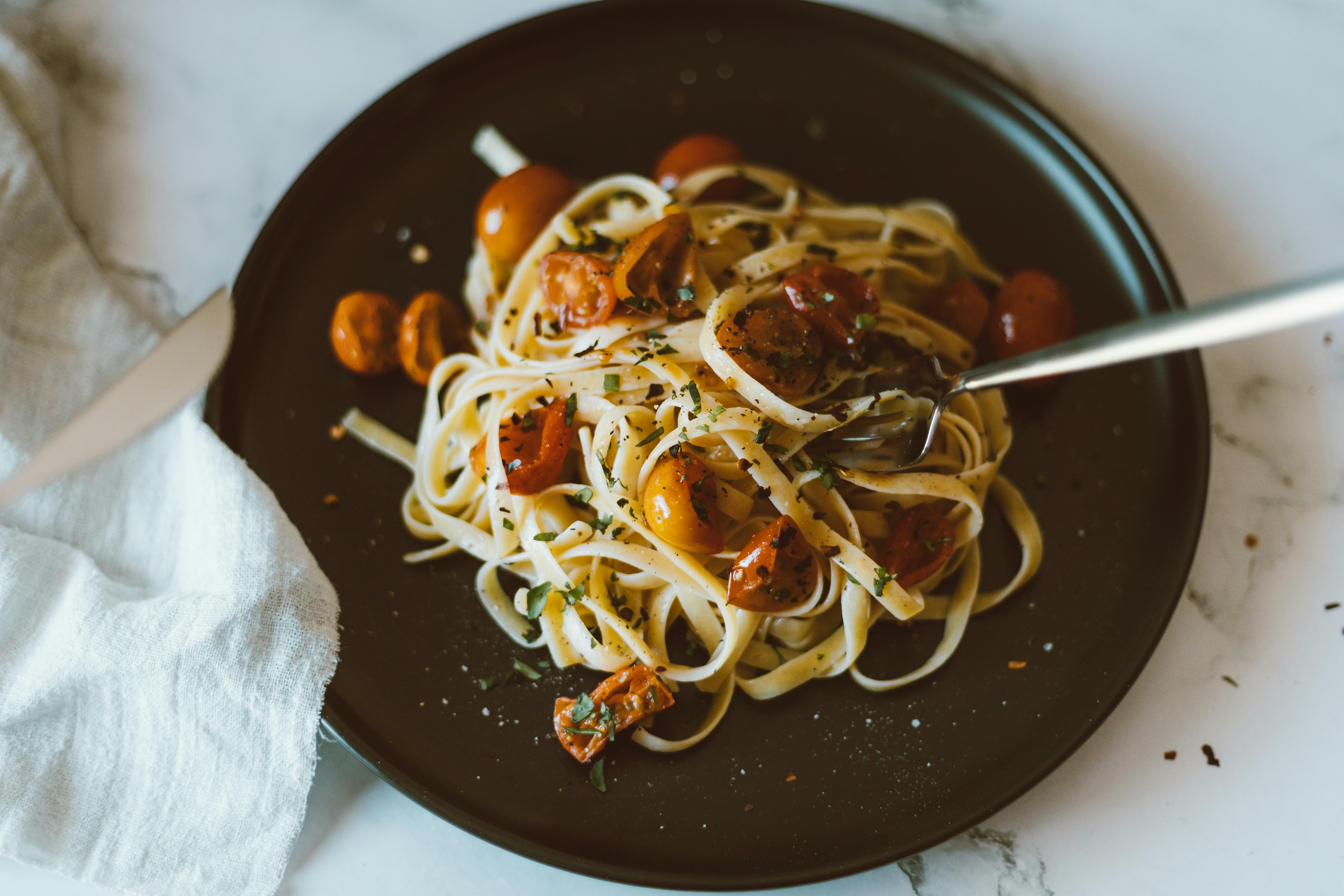Diet for hives: what to eat and what to avoid if you have hives
It is noteworthy that most allergic symptoms worsen after eating foods such as eggs, shellfish, fish, strawberries, pineapple, tomato, chocolate or drinking alcohol (especially wine and beer) or smoking. During allergies, the body reacts by producing extra histamine, so antihistamine medications are recommended. Other foods that contain large amounts of histamine or release histamine cause severe allergic symptoms; alcohol such as red wine is one of the main triggers. It should be noted that each individual has a different tolerance level for histamine, so different people will react differently on different histamine levels. If your histamine tolerance level is reached; overflows causing allergic symptoms to occur.
The fermentation of food leads to the production of histamine, as in cheese, grits, vinegar, and alcoholic beverages. Unfortunately, some foods naturally have extra amounts of histamine such as tomato, eggplant, and spinach. Food additives, including azo dyes, tartrazine, and preservatives, trigger histamine release. The benzoates found naturally in some foods also cause the release of histamine, which is why they are listed as those to be avoided to reduce allergic symptoms.
Other foods to avoid
i) Meat, poultry, fish and eggs to avoid: most of these products will produce high levels of histamine causing histamine food poisoning known as scombrioid, especially fish, shellfish, anchovies and sardines if they start to go bad.
Egg products should also be avoided, except in their other products like pancakes, bread, cakes, and others.
Avoid all processed, smoked, or fermented meats such as sandwich meat, sausage, weiner, bologna, salami, pepperoni, smoked ham, bacon. Some of these foods use chemicals to cure them, such as ham and meats, giving them a distinctive pink color.
Leftovers are easily acted upon by bacteria, so histamine is especially produced in protein-based leftovers that are kept at room temperature or in the fridge. To prevent this, freeze any leftovers to stop histamine production.
ii) Dairy Products to Avoid: Avoid all fermented milk products containing cheeses, yogurt, buttermilk and kefir, sour cream. When we say cheese we include processed cheese, sliced cheese and cheese spreads that are both fermented and processed; these include cheddar, coldby, blue cheese, brie, camembert, feta, romano, cottage cheese, and ricotta.
iii) Fruits to avoid: On the list are oranges, grapefruit, lemons, limes, cherries, grapes, apricots, avocados, raspberries, blueberries, plums, blackberries, dates, raisins, currants, fresh or dried. In addition bananas, papayas, pineapple, strawberries and tomatoes also release histamine.
iv) Vegetables to avoid: Tomatoes and their derivatives such as tomato sauces, ketchup and others, soy products, spinach, red beans, eggplant, pumpkin.
All vegetables packed in vinegar or salt such as olives, pickles, relishes, and other fermented vegetables such as sauerkraut should be avoided.
(v) Alcoholic beverages to avoid: All types of alcohol should be avoided; including beer and wine for its histamine.
Other foods that should be avoided in the control and treatment of urticaria are some; food additives and food coloring, seasonings such as cinnamon, cloves, vinegar, chilli, aniseed, nutmeg, soy sauce and curry powder, drinks such as tea, coffee, chocolate, cocoa, cola, alcohol and any other that causes allergies. It is recommended to drink lemon water at least 8 times a day.
